Blog Post - Aloe Plants: Toxic to Cats?
As pet owners, it is essential for us to understand the potential dangers that certain plants can pose to our furry friends. One such plant that is commonly found in many households is the aloe plant. Known for its numerous skincare and medicinal benefits, aloe plants have become increasingly popular. However, when it comes to cats, it is important to be aware that aloe can be toxic to them.
What is Aloe?

Aloe plants, belonging to the genus Aloe, are succulent plants that have been used for centuries for their healing properties. There are many different species of aloe, but the most well-known and commonly used is aloe vera. Aloe vera gel is widely used in skincare products, while aloe latex is commonly found in medicinal products such as laxatives.
Aloe Plants and Cats

Cats are naturally curious creatures, often attracted to new things in their environment. This innate curiosity can lead them to explore plants, including aloe, which may be within their reach. As responsible pet owners, it is crucial to understand the potential risks associated with aloe plants and to take appropriate precautions to keep our feline friends safe.
Toxic Properties of Aloe Plants

Aloe vera contains several substances that can be toxic to cats if ingested in sufficient quantities. The primary toxic component is a compound called anthraquinones, which is found in the latex of the plant. Anthraquinones have a laxative effect and can cause severe gastrointestinal distress in cats. Ingesting large amounts of aloe can lead to vomiting, diarrhea, and abdominal pain.
Common Symptoms of Aloe Toxicity in Cats

If your cat has ingested aloe, there are several symptoms to watch out for. Digestive issues and vomiting are common signs of aloe toxicity. Cats may also experience a loss of appetite and weight loss. Additionally, some cats may have allergic reactions to aloe, which can manifest as skin irritations, itching, or even difficulty breathing.
Steps to Take if Your Cat Ingests Aloe

If you suspect that your cat has ingested aloe, it is crucial to contact your veterinarian immediately. They will be able to provide guidance on the best course of action. It is important not to induce vomiting in your cat unless specifically instructed to do so by a professional. Home remedies should only be considered if approved by a vet.
Prevention and Safety Measures
To prevent your cat from being exposed to aloe, it is best to keep aloe plants out of their reach. Place them in high locations or use barriers to keep your cat away. If you are looking for natural remedies for your cat, there are plenty of pet-friendly alternatives to aloe available that can provide similar benefits without the potential risks.
Conclusion
In conclusion, while aloe plants may have numerous benefits for humans, they can be toxic to cats. It is crucial for pet owners to be aware of this potential danger and take the necessary precautions to keep their feline friends safe. By understanding the risks and being proactive in protecting our pets' health, we can ensure a safe and happy environment for our furry companions.

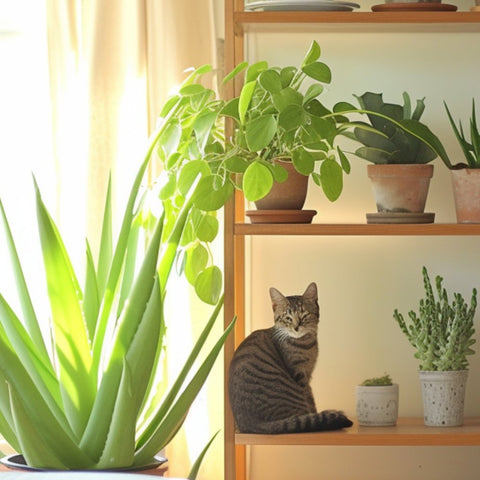

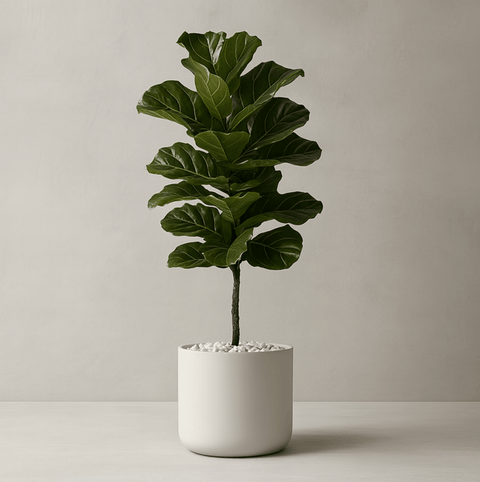


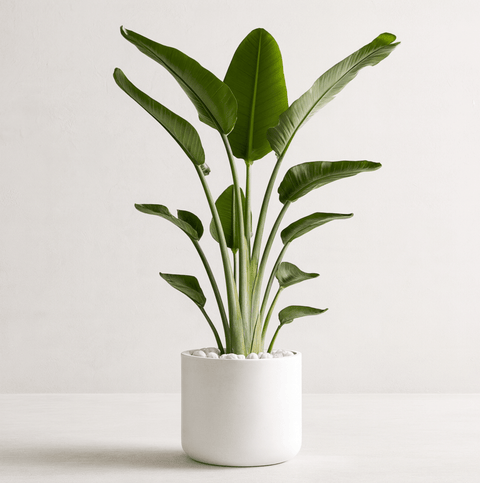

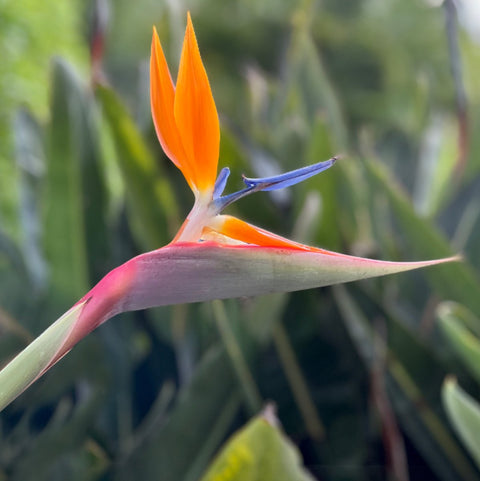

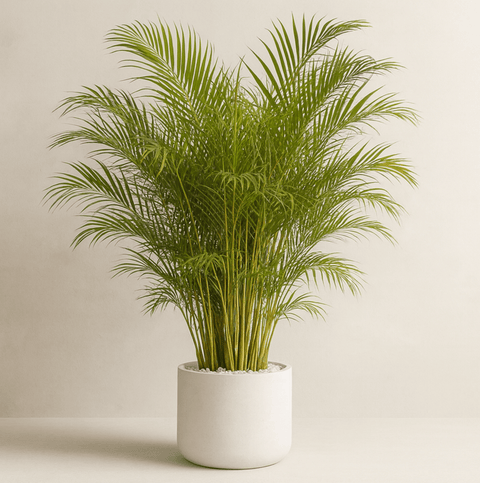







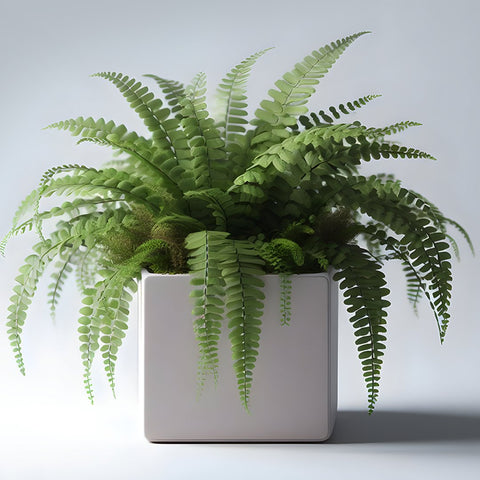



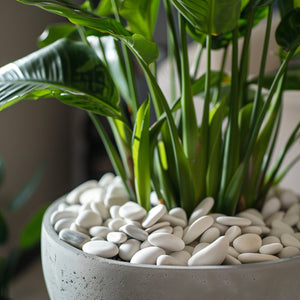
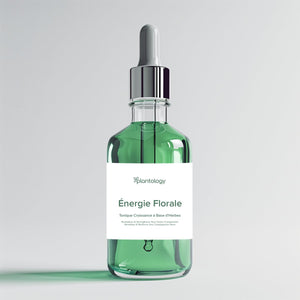
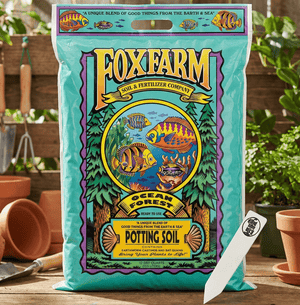




Comments (0)
There are no comments for this article. Be the first one to leave a message!